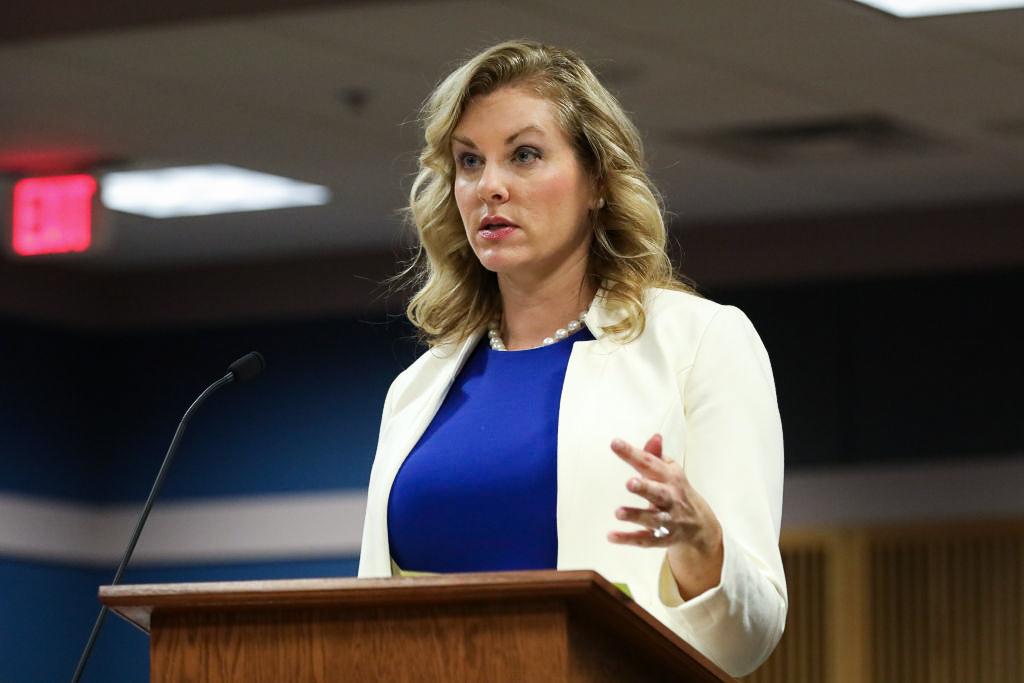For three days during a contentious evidentiary hearing on a motion to disqualify Fulton County District Attorney Fani Willis from prosecuting a high-profile election case, defense attorney Ashleigh Merchant had done the questioning.
On March 6, Ms. Merchant was the one answering questions asked by a Georgia Senate committee investigating the controversy surrounding the high-profile district attorney, filling in the blanks of her misconduct allegations.





